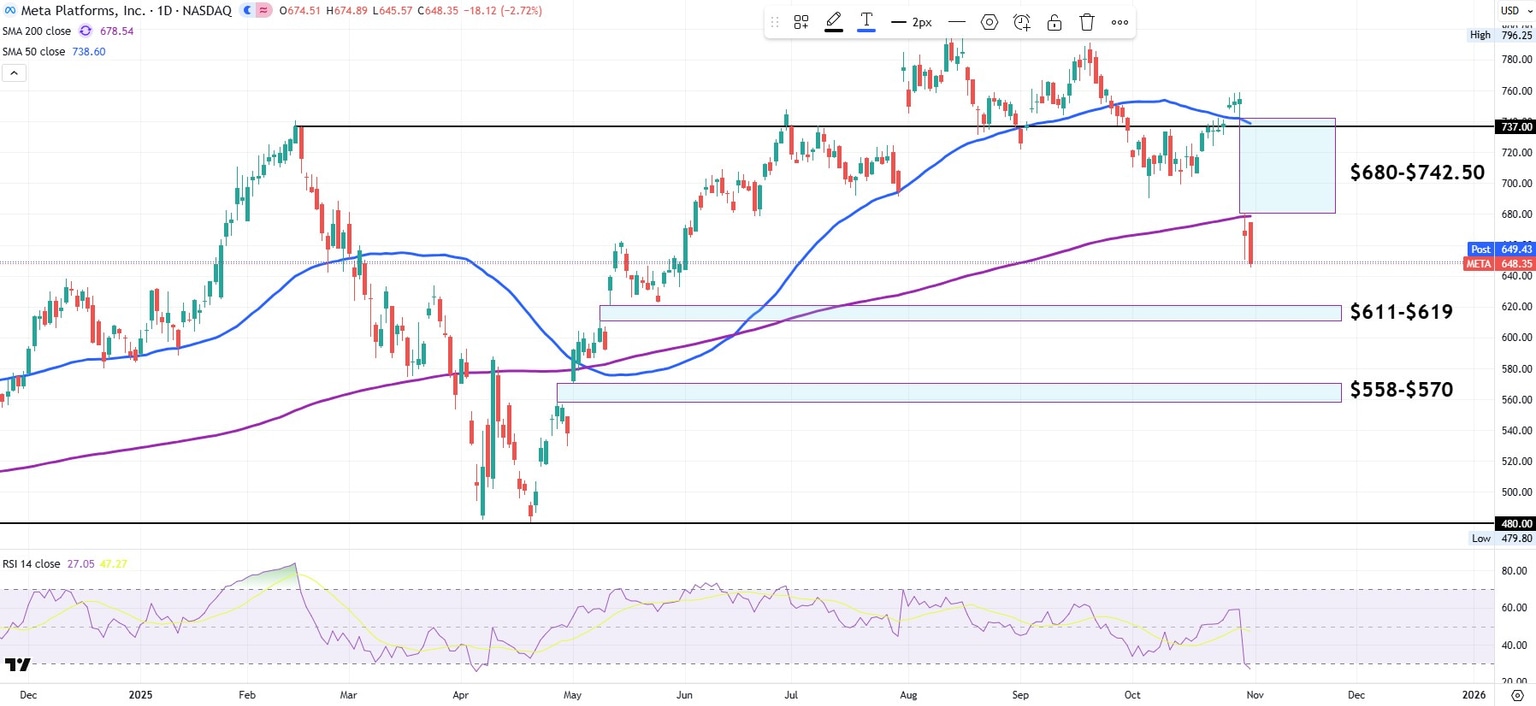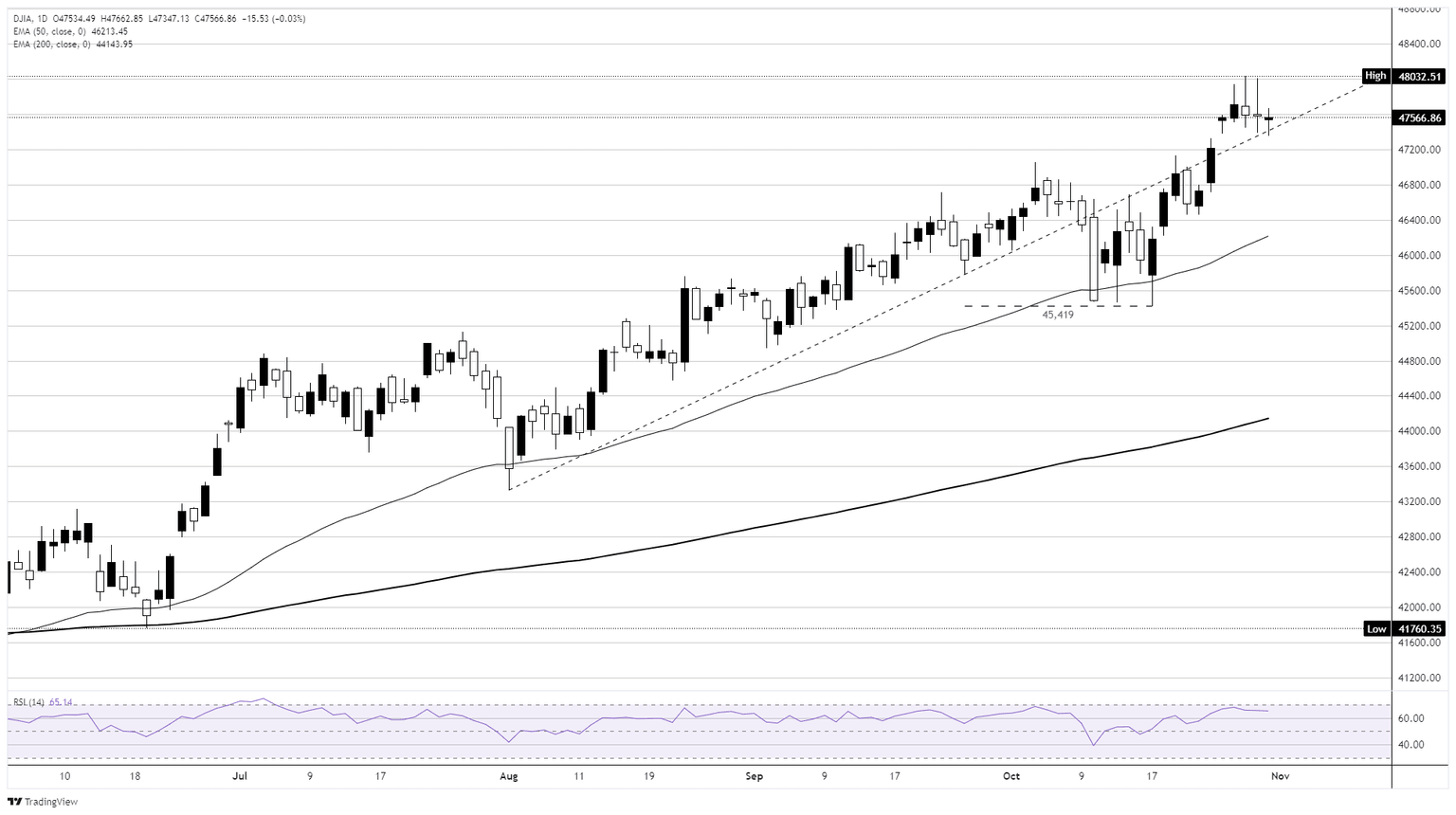Inside T3’s $300M Crypto Crime Hunt: The Shocking Shift from Terrorism to ‘Wrench Attacks’ That Could Change Everything
When was the last time you heard criminal crypto get frozen faster than ice on a winter night? Because the T3 Financial Crime Unit has just shattered expectations, locking down over $300 million across 23 countries in merely one year. Yet, here’s the kicker — this isn’t your typical tale of digital skullduggery confined to keyboard warriors. No, we’re talking about a disquieting new battlefield where “wrench attacks” (yes, real-world muscle and menace) are now tools to pry open digital wallets. Isn’t it fascinating—and a bit unnerving—how crypto crime is morphing from code-breaking to downright bone-breaking? As T3 FCU forges partnerships spanning five continents and inches into cases from North Korean state hacks to violent home invasions, they’re rewriting the playbook on fighting financial malfeasance. So, what does this seismic shift mean for the future of decentralized finance and your own digital assets? Let’s dive into how T3’s audacious first year is both a beacon and a warning in the crypto arena. LEARN MORE

Key Takeaways
How much criminal crypto has T3 FCU frozen in its first year?
The unit froze over $300 million across 23 countries in just 12 months, supporting investigations from fraud and money laundering to North Korean state-sponsored hacks.
What new threat is emerging in crypto crime?
T3 FCU reports a rise in “wrench attacks”, violent physical coercion used to steal cryptocurrency, marking a dangerous shift from purely digital crimes to real-world violence.
The T3 Financial Crime Unit has frozen $300 million in criminal cryptocurrency assets during its first year. In their press release on 31 October, they revealed how digital crime now spans from state-sponsored terrorism to violent home invasions.
T3 FCU, a partnership between Tether, TRON, and TRM Labs launched in September 2024, worked with law enforcement across 23 jurisdictions on five continents.
The United States led investigations with $83 million frozen across 37 cases, representing 27% of total volume.
T3 reveals broad threat landscape
The unit’s data show that illicit goods and services account for 39% of the cases investigated. Fraud, scams, and hacking exploits follow closely.
North Korean connections appear prominently, with $19 million traced to the DPRK from the Bybit hack alone.
Brazil’s Federal Police formally recognized T3 Financial Crime Unit this month for its assistance in Operation Lusocoin, which resulted in the freezing of over $3 billion in assets, including 4.3 million USDT, connected to money laundering networks.
Physical violence enters digital crime
T3 FCU highlighted a disturbing trend: rising “wrench attacks” where criminals use physical force to access victims’ crypto holdings. This shift from digital hacking to real-world violence signals new risks for cryptocurrency holders.
The unit now handles cases involving terrorism financing, violent crimes, and physical coercion alongside traditional digital fraud and money laundering.
Private sector outpaces government response
Three private companies have now frozen more criminal crypto than most government agencies manage in years. Tether reports partnerships with over 280 law enforcement agencies globally.
In August 2025, Binance joined the expanded T3+ Global Collaborator Program, strengthening cross-border coordination.
Representatives from T3 FCU presented their model at Europol’s Global Conference on Criminal Finances in Vienna on 28-29 October.
What this means for crypto
The T3 Financial Crime Unit’s success raises questions about private enforcement power in decentralized systems.
While effective at disrupting crime, the concentration of freezing authority in a few companies challenges crypto’s decentralization principles.
As criminals adapt tactics from state-sponsored attacks to violent home invasions, the $300 million milestone demonstrates both the scale of the problem and the effectiveness of public-private coordination in addressing it.




















Post Comment